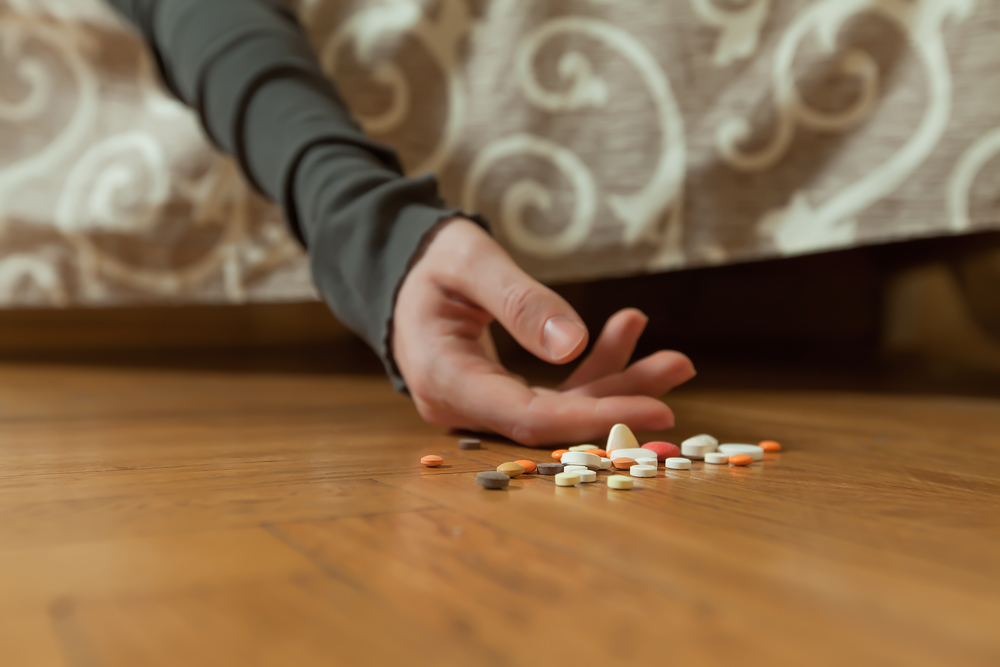Most opioid abusers do not stop even after overdosing
You might think that one good consequence of a drug overdose would be to scare the drug user into stopping. A new study, by the University of Pittsburgh Graduate School of Public Health, found that it is not usually the case.
The study found that there was a 10% decrease in filling prescriptions for opiates during the six months after people received treatment for overdoses. But, treatment for drug overdoses increased by 12% during the same period.
According to the study’s authors, these results showed “a relatively weak health-system response to a life-threatening event.”
The study relied on data collected by Medicaid, a health insurance program for low-income individuals and people with disabilities, from the US state of Pennsylvania on non-fatal drug overdoses between 2008 and 2013. Opioid use was determined from the number of prescriptions filled and did not include estimates of cash purchases, drugs bought on the street, and drugs supplied by relatives and friends. The study noted that previous studies had shown that most opioid abusers had prescriptions for their drugs.
Julie Donohue, the study’s senior author, said she was not surprised by the results, adding that studies of individuals covered by private insurance plans found similar results. She said that people enrolled in Medicaid often had other serious medical conditions besides drug addiction and were therefore at greater risk of experiencing a drug overdose.
David Kelley, the chief medical officer for Pennsylvania’s medical assistance programs, said that the ability of people who overdosed to continue getting prescriptions for opiates suggested that there might be “a disconnect between what happens in the ER and what gets reported to their primary care provider.”

